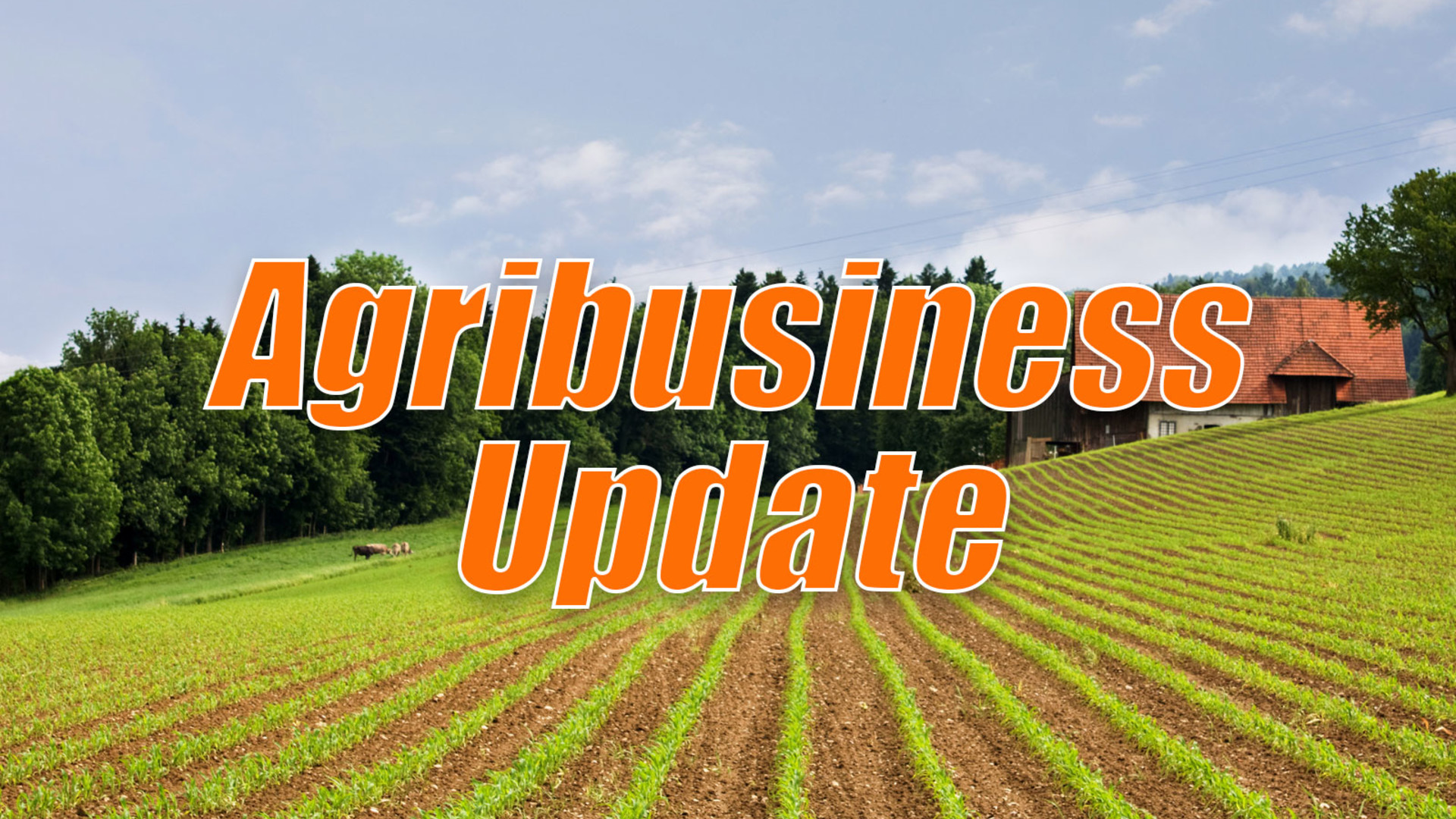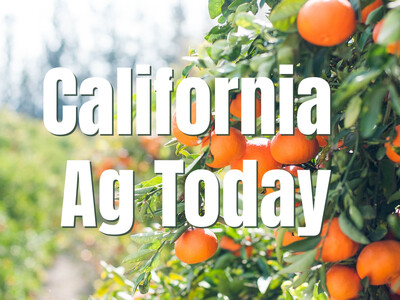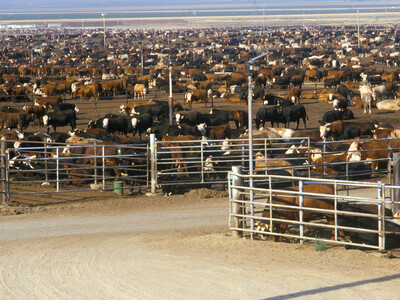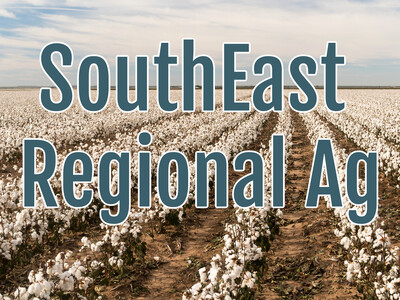USDA Citrus Update and Hurricane Zeta Relief
From the Ag Information Network, I’m Bob Larson with your Agribusiness Update.**The USDA has released updated projections for citrus production for the 2020-21 season.
According to morningagclips.com, the December forecast projects a 2% decrease in production, with a projected 56 million boxes of Florida Oranges, 4.4 million boxes of Florida Grapefruit, and 1.1 million boxes of specialty citrus.
In October, the USDA projected 57 million boxes of oranges and 4.5 million boxes of grapefruit.
Ag Commissioner Nikki Fried says the Florida Ag Department stands ready to support our proud citrus growers with research, innovation, and partnership.
https://www.morningagclips.com/statement-by-fried-on-december-usda-citrus-forecast/
**The Alabama Farmers Agriculture Foundation is accepting applications through January 15th from farmers who suffered losses from Hurricane Zeta.
AFAF and Alabama Farmers Federation President Jimmy Parnell says the Foundation established a Hurricane Relief Fund in response to calls from farmers and businesses who wanted to help their neighbors.
The Fund was also utilized earlier this year for Hurricane Sally.
https://alfafarmers.org/foundation-applications-open-for-hurricane-zeta-assistance/
**The expensive commitment to automate farm labor is gaining momentum with the COVID-19 pandemic.
That’s according to University of California-Davis professor, Phil Martin, who tells thepacker.com while greater mechanization is the goal, ag employers will continue to lean on H-2A guest workers as the supply of U.S. farmworkers dwindles.
Martin says COVID-19 served to increase trends already underway, notably mechanization of farm labor, increased use of H-2A workers and rising imports of fresh produce.
https://www.thepacker.com/news/industry/covid-19-hastening-automation-trend-analyst-believes?mkt/













